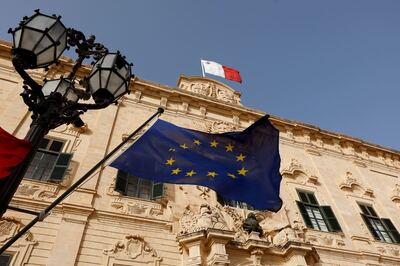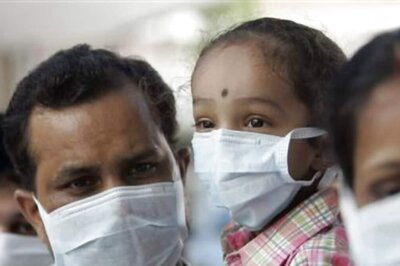
views
THIRUVANANTHAPURAM: Tourism industry leaders have called for the formulation of Responsible Tourism Good Practices which, they say, the industry should adopt for its own survival. The most extreme position was taken by chairman and managing director of ATE E M Najeeb. "The industry should be made to adopt these practices either by guidance or force. Otherwise the industry will regress towards extinction,’’ Najeeb, who also is the president of the Confederation of Kerala Tourism Industry, said. “We are not mature enough to audit ourselves. Therefore, any initiative from the State Government is welcome,’’ said Gopi, the founder of Blue Yonder, a travel company promoting responsible tourism practices.The industry leaders were speaking at a panel discussion on the role of the tourism industry at the International Symposium on Tourism and Livelihood here on Wednesday.CGH Earth CEO Jose Dominic, though fully in favour of putting in place good practices, was sceptical about a government-led regulation. “Tourism in the state was the creation of a group of small entrepreneurs. The track record of the State Government in this regard is not so rosy as to warrant their intervention,’’ Jose Dominic said. Gul Muhammad, who runs the innovative Oyster Opera in Kasargod, wanted the State Government to prepare the guidelines and get them implemented through the local bodies. “The local self-governments are better placed to decide on what is good for the local community,’’ he said.Najeeb said unregulated practices had caused a plunder of tourism destinations. “This has to be reversed if tourism is to survive and flourish. We have already reached a situation where tourists refuse to visit places where there are no responsible tourism practices,’’ Najeeb said. Blue Yonder’s Gopi said it was not just enough for tour operators to say that they were responsible. In short, responsibility has to be measured. Director of the International Centre for Responsible Tourism (ICRT) Harold Goodwin said if responsibility was to be measured, promises should be made against specific claims.Goodwin said the Cape Town model addresses the issue. Under the model, clear limits are set for ecological indicators such as carbon emissions, energy savings and the like which can be used by the consumer to cross-check with the promises made by the entrepreneur.“The problem with other certification schemes is that you can’t see the figures,’’ Goodwin said.Jose Dominic, however, sounded a note of caution. ‘’There should be strict regulation in terms of sustainable development indicators such as the amount of waste generated and the quantity of energy saved. But this should not mean a regulation of the entrepreneur. This could prove counter productive,’’ Jose Dominic said.Tourism Principal Secretary Dr V Venu, who moderated the session, was, however, non-committal on who would wield regulatory powers.




















Comments
0 comment